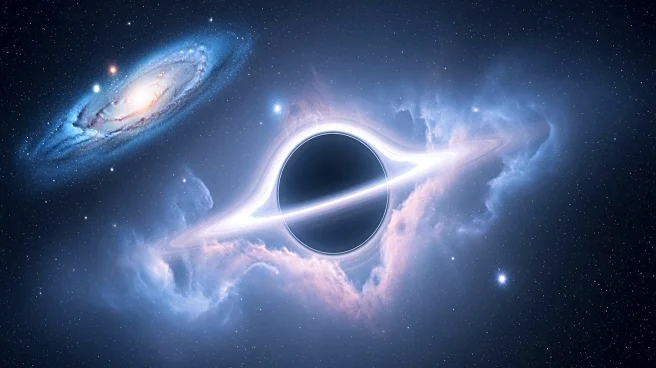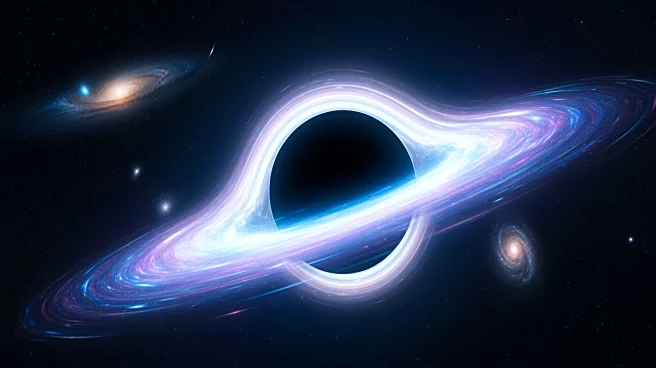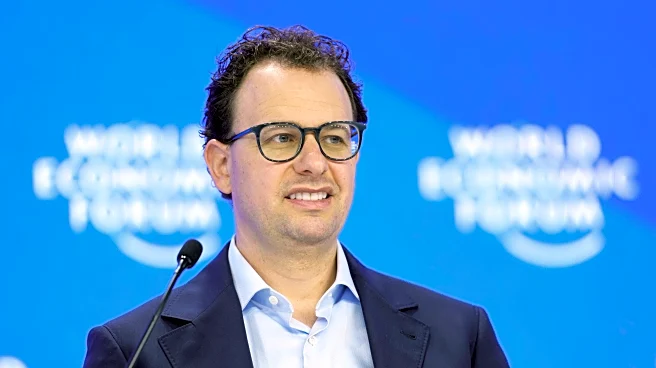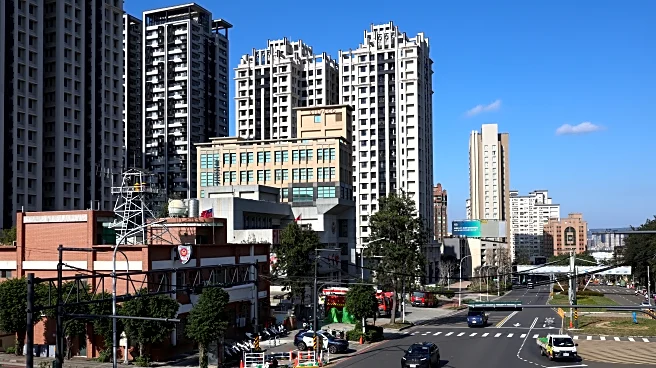Rapid Read • 6 min read
The declining birth rate in the U.S. and globally is sparking a debate about its impact on climate change. Some young people are hesitant to have children due to environmental concerns, fearing that more people could exacerbate climate issues. However, experts like Dean Spears, an economist at the University of Texas, argue that depopulation may not solve climate challenges and could lead to other societal problems. The discussion highlights the complexity of balancing population growth with environmental sustainability.
AD
This debate is significant as it touches on the intersection of environmental policy, economic stability, and societal norms. A declining birth rate could lead to a shrinking workforce, affecting economic growth and social services. Conversely, a stable or growing population might increase resource consumption and environmental strain. Policymakers and society must navigate these challenges to ensure sustainable development while addressing climate change. The outcome of this debate could influence future family planning policies and environmental strategies.
As the conversation continues, there may be increased advocacy for policies that support sustainable family planning and environmental conservation. Governments might explore incentives for families to have children while investing in green technologies to mitigate environmental impacts. The debate could also lead to broader discussions on how to equitably distribute the responsibilities and benefits of parenting in a changing world.
AD
More Stories You Might Enjoy













